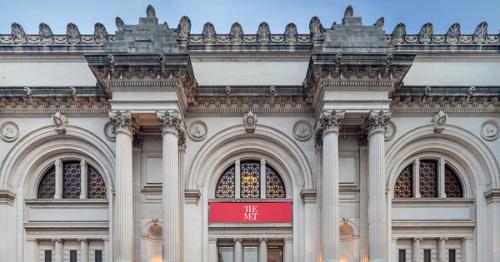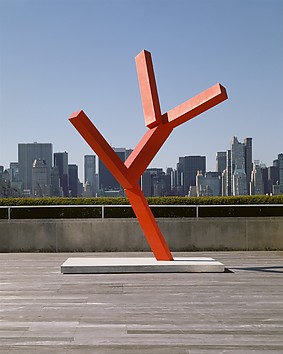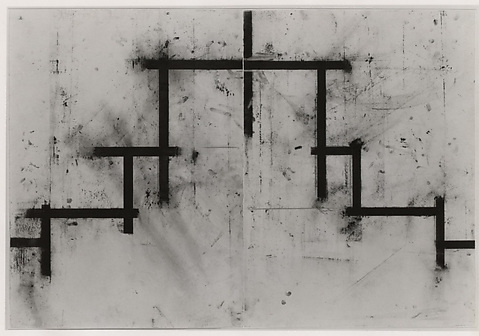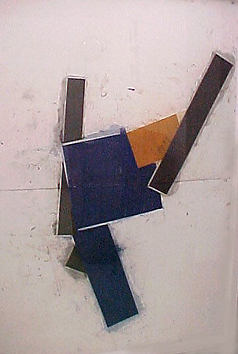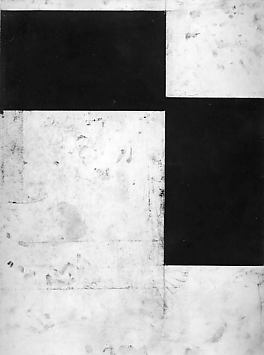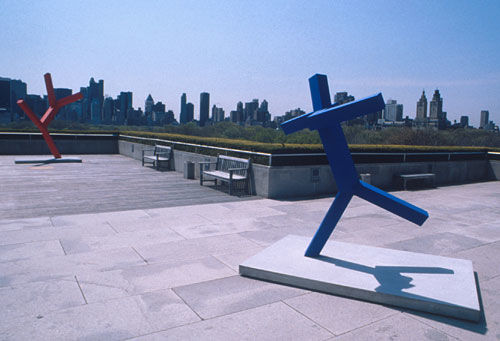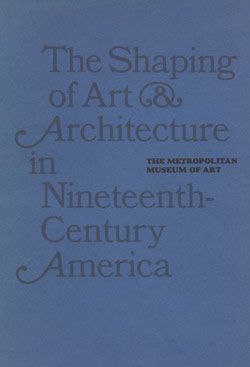In conjunction with its centennial exhibitions "Nineteenth-Century America" and "The Rise of an American Architecture," the Metropolitan Museum was host in May 1970 to a four-day gathering of scholars, historians, critics, and collectors. This was the first formal exchange of ideas about nineteenth-century American art by such a group. Twenty years ago, these exhibitions, much less this symposium, could hardly have taken place. Unfashionable American paintings for years remained in the storerooms and basements of museums; many buildings and interiors of the nineteenth century were condemned to demolition or consigned to the rubbish heap. But we have finally become interested in our heritage and concerned enough to hold a meeting such as this one. We hope the ideas generated here helped to give impetus to the movement to preserve what is left of nineteenth-century America. The eleven papers in this volume, the core of the symposium, throw new lights on our art and architecture. For example, the interaction between American and European art and architecture during the nineteenth century was reviewed and proved to be much more complicated than was thought before; and some new principles for art history, in which style was related to political, social, and philosphical movements, presented us with a particularly challenging problem. Perhaps ideas such as these will lead to more research, more knowledge, and ultimately acquaint more Americans with the charms of this enormously imaginative and lively period.

